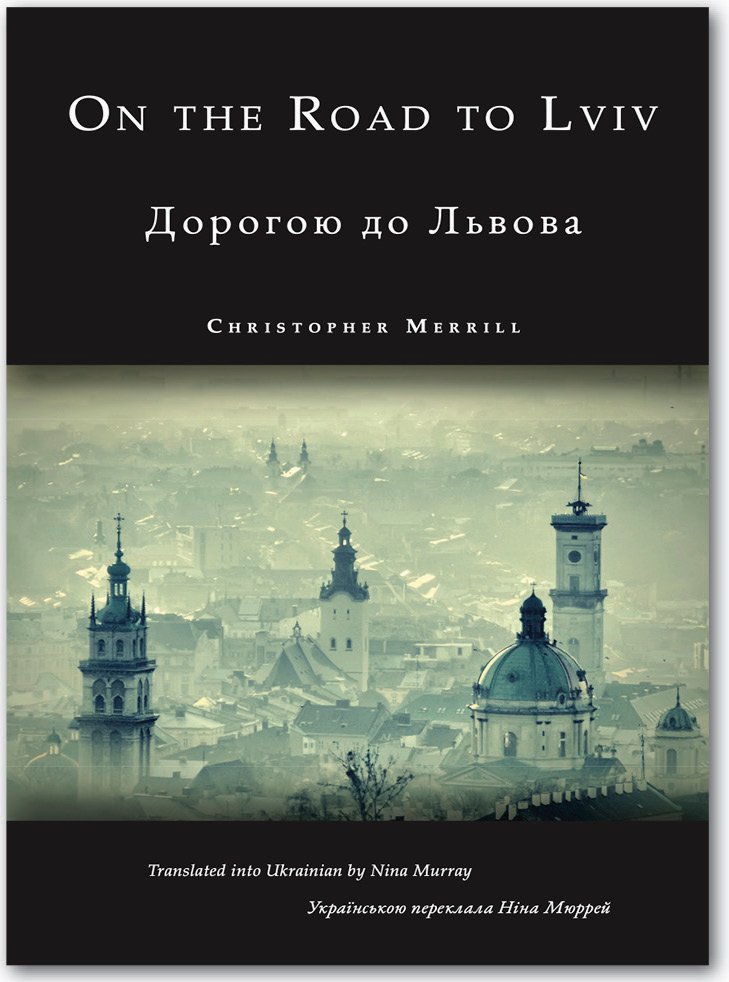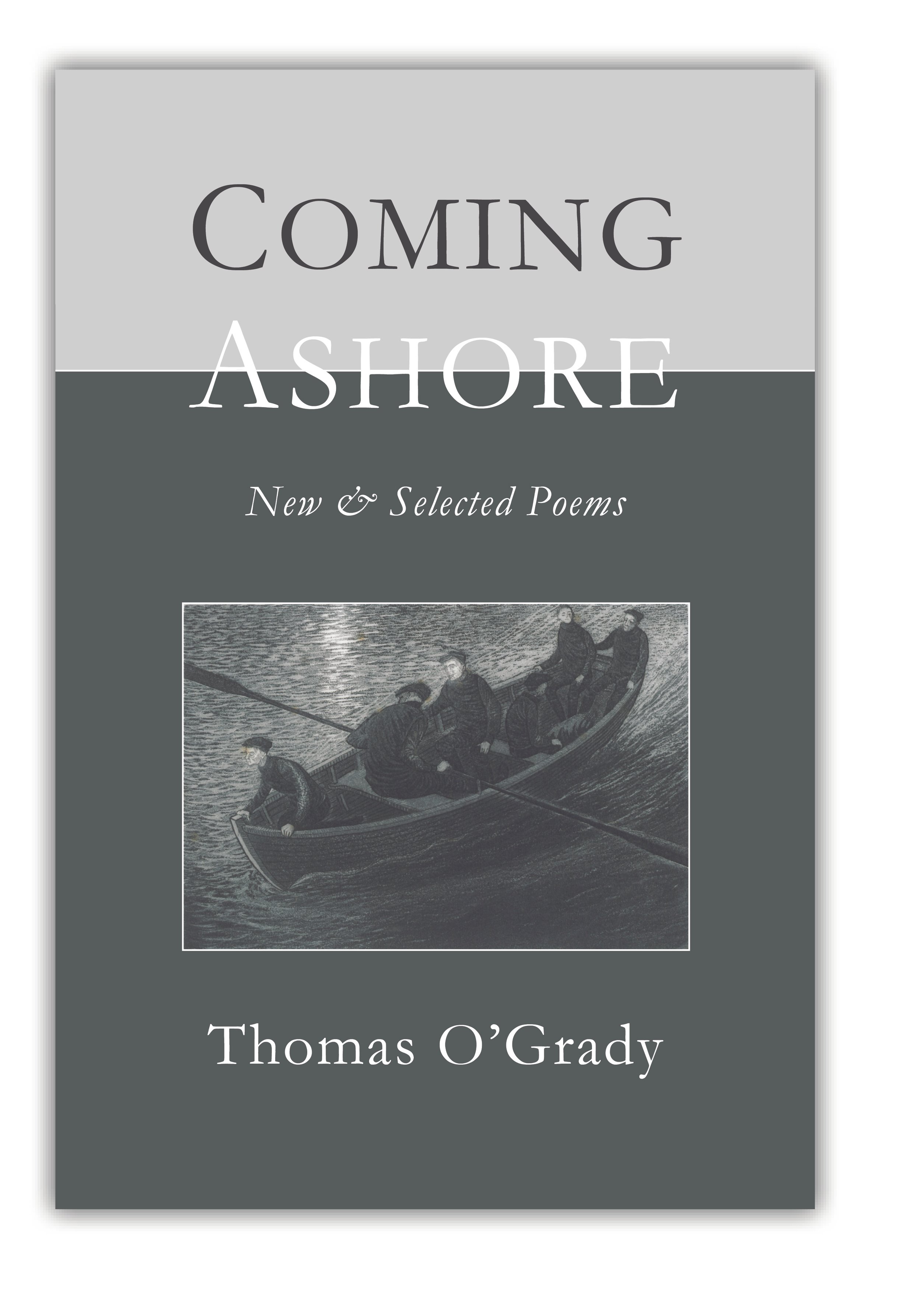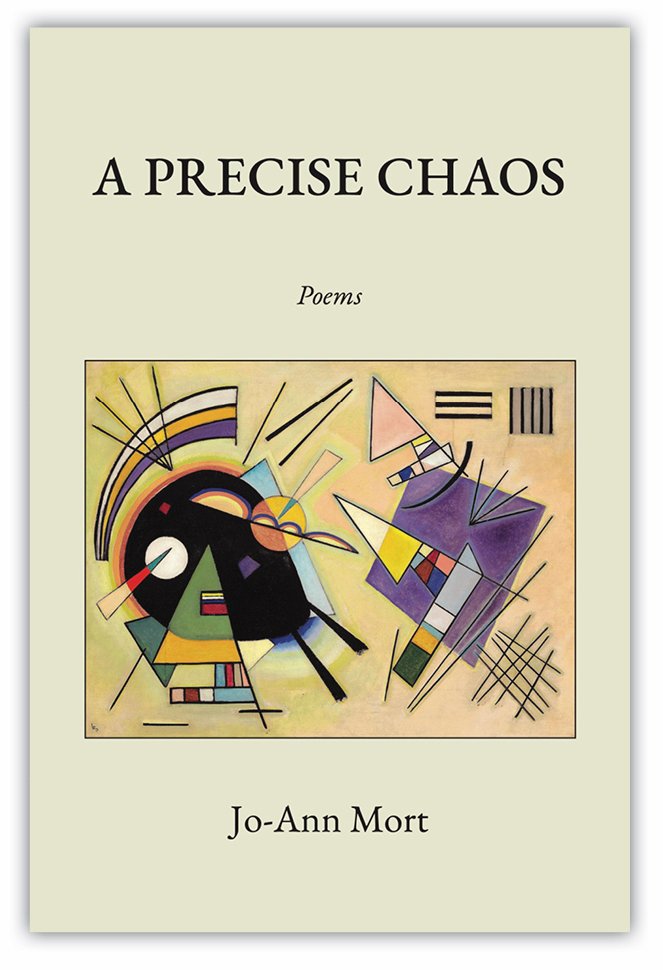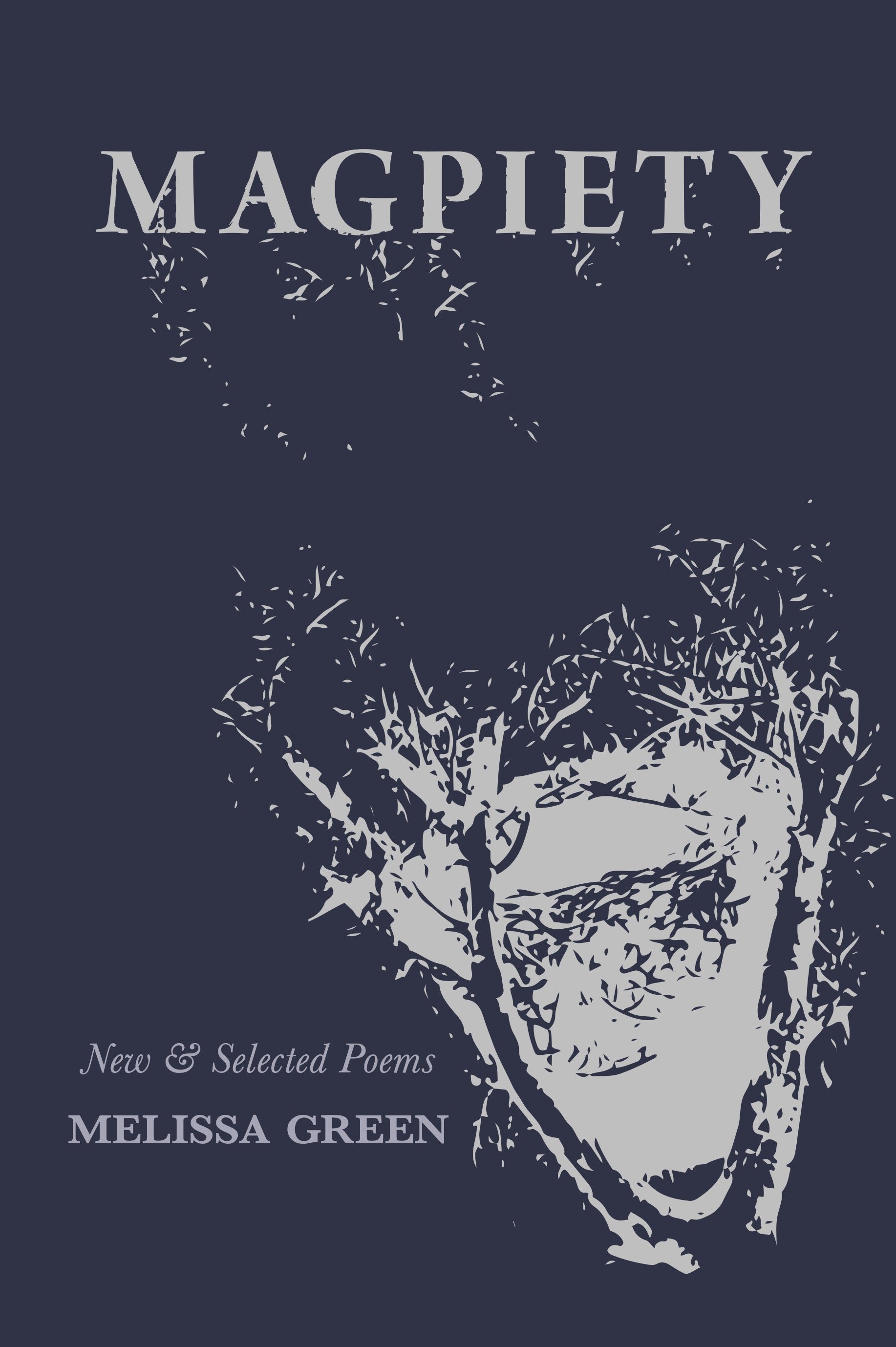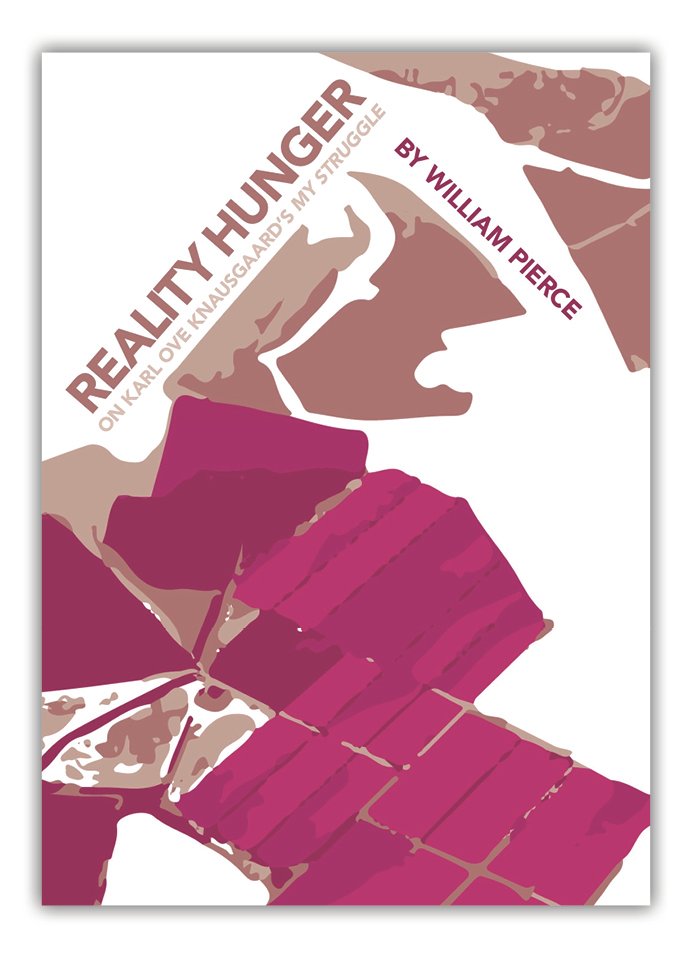On the Road to Lviv by Christopher Merrill
Prismatic and polysemous, On the Road to Lviv invites us on an odyssey across Ukraine in the hour of war. “This chronicle/ Took shape the day the war began, which was/ My 65th birthday,“ writes legendary traveler, war correspondent, memoirist and poet Christopher Merrill. At once deeply personal yet rooted in history so recent you can almost see the smoke billowing from the ruins of Mariupol, the poem is equal parts chronicle, a document of war crimes, and a sober self-reflection in which the poem’s speaker examines his own engagement with Ukraine as a “democratic- minded” Westerner “determined to develop/ Civil societies around the world.” Not since Byron’s Mazeppa has there been an English-language poem comparably engaged with Ukrainian history, appearing here en face with Nina Murray’s masterly translation into Ukrainian.
Prismatic and polysemous, On the Road to Lviv invites us on an odyssey across Ukraine in the hour of war. “This chronicle/ Took shape the day the war began, which was/ My 65th birthday,“ writes legendary traveler, war correspondent, memoirist and poet Christopher Merrill. At once deeply personal yet rooted in history so recent you can almost see the smoke billowing from the ruins of Mariupol, the poem is equal parts chronicle, a document of war crimes, and a sober self-reflection in which the poem’s speaker examines his own engagement with Ukraine as a “democratic- minded” Westerner “determined to develop/ Civil societies around the world.” Not since Byron’s Mazeppa has there been an English-language poem comparably engaged with Ukrainian history, appearing here en face with Nina Murray’s masterly translation into Ukrainian.
Prismatic and polysemous, On the Road to Lviv invites us on an odyssey across Ukraine in the hour of war. “This chronicle/ Took shape the day the war began, which was/ My 65th birthday,“ writes legendary traveler, war correspondent, memoirist and poet Christopher Merrill. At once deeply personal yet rooted in history so recent you can almost see the smoke billowing from the ruins of Mariupol, the poem is equal parts chronicle, a document of war crimes, and a sober self-reflection in which the poem’s speaker examines his own engagement with Ukraine as a “democratic- minded” Westerner “determined to develop/ Civil societies around the world.” Not since Byron’s Mazeppa has there been an English-language poem comparably engaged with Ukrainian history, appearing here en face with Nina Murray’s masterly translation into Ukrainian.

